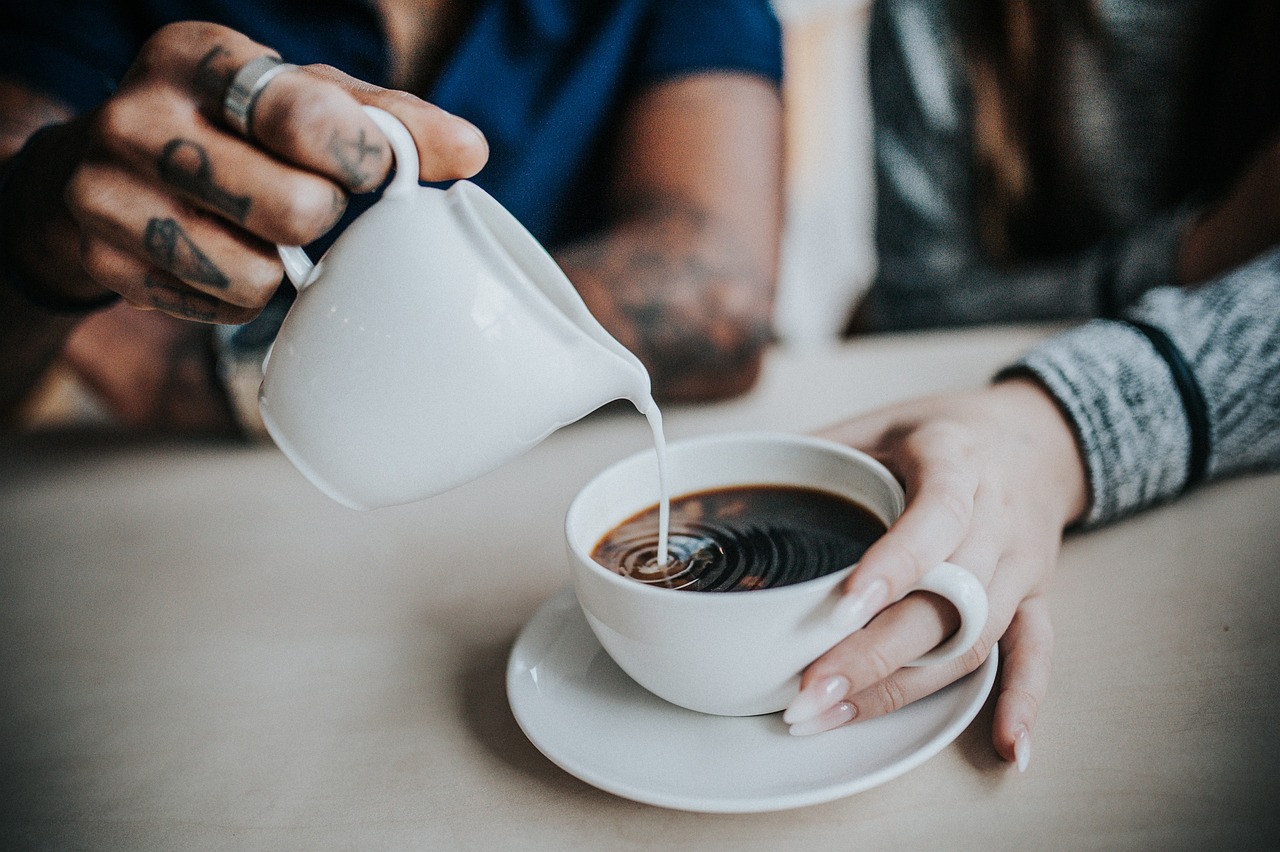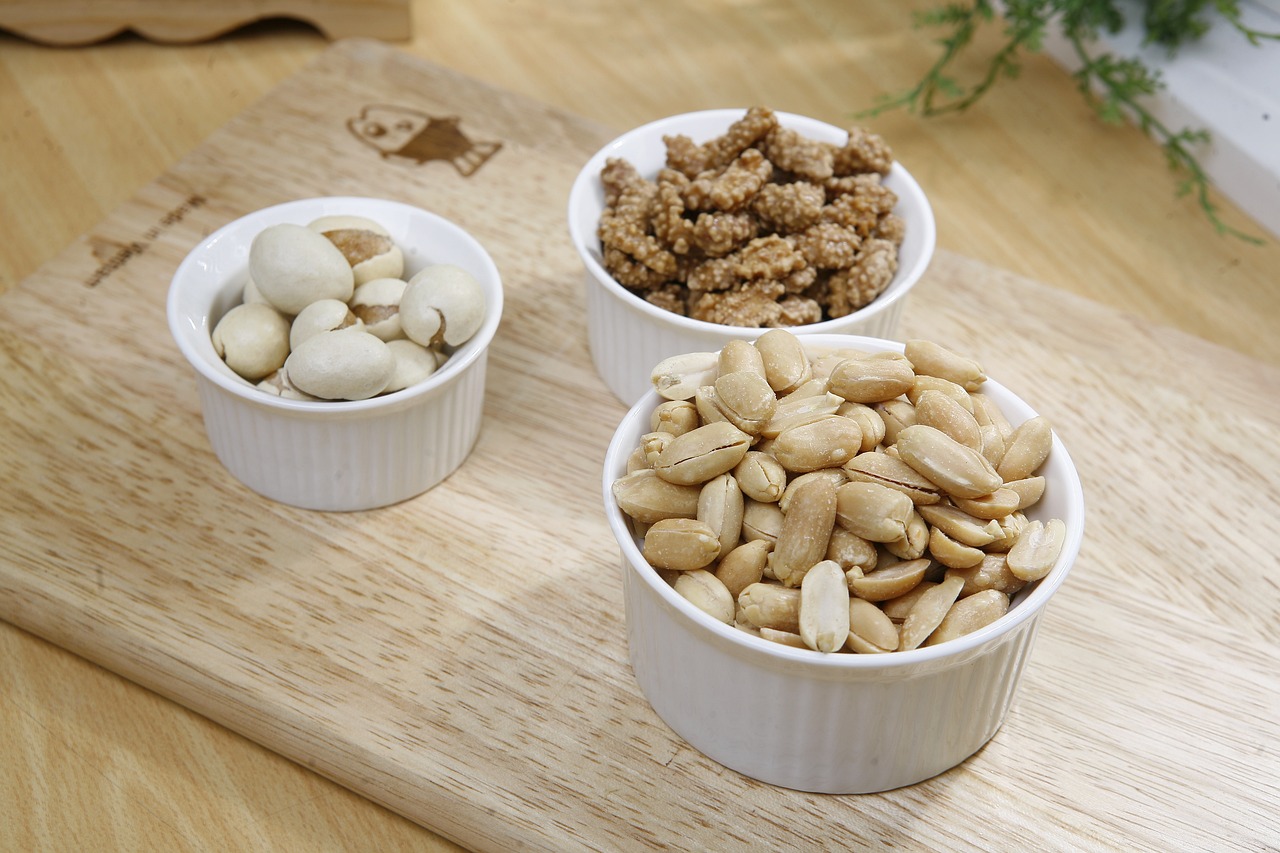Does the cleaning work well at your accommodation?
This article is written based on Swedish conditions. Hopefully, it can inspire those interested from other countries.
Cleaning in care homes is an important part of hygiene care. Incorrectly performed or inadequate cleaning can contribute to the spread of infection. Care must have good routines to reduce the risk of infection spreading between people. Good local care is also a matter of comfort and orderliness. There needs to be good job descriptions, so that the toilet is cleaned last. Cleaning routines also concern the working environment.
 Foto: Mostphotos
Foto: MostphotosMonitor the quality of cleaning
The execution of cleaning affects the risk of spread of infection. Often, cleaning is outsourced and the dialogue with the contractor is inadequate. This can mean that the cleaner is not aware that the person who lived in the room has had diarrhoea with resistant intestinal bacteria, which require special cleaning to get rid of. The next patient walks in slippers, puts the slippers in the bed, and in the worst case, can suffer from a life-threatening infection. It is not possible to fully scrutinise cleaning. But it is still possible to get an idea of how cleaning functions.
To check cleaning, you can walk around and look. There are also lamps with ultraviolet light that make it possible to see if there are, for example, urine splashes on the toilet that have not been wiped up. With eyes and nose, it is possible to make a quick assessment of how cleaning works.
Training in cleaning
In many units, it may be the care staff themselves who clean. This also means that the cleaning is not always carried out correctly. Today, many patients in our nursing homes carry MRB-multi-resistant bacteria such as MRSA, ESBL, and VRE. Another unpleasant and difficult intestinal infection that can spread between patients is Clostridium difficile. It is often caused by antibiotic treatment and affects patients with a weakened immune system. In order not to spread MRB and Clostridium infections between different patients, it is important to maintain a good hygienic standard. There should be special daily cleaning routines for the patient who carries multi-resistant bacteria to reduce the risk of infection spreading in the residence. It is good to have signing lists that confirm that the task has been carried out. There should also be specially designed instructions to avoid the person carrying the infection from passing it on. There may need to be special planning as it is particularly important to ensure that the resident is clean, sanitises their hands and has clean clothes on. This is not always easy, for example in connection with dementia care.
Those who work professionally with cleaning receive further education in both cleaning techniques and the use of materials and working positions. There may be reasons to provide staff with regular further education around this, as it otherwise risks leading to work-related injuries and the spread of infection in the business.
Consumable material
It is also important that soap, hand sanitiser and aprons are available in the room so that all staff can maintain good hygiene. In many units today, the cleaning equipment belongs to the individual residence. In newer residences, the resident also has their own washing machine which counteracts the spread of bacteria. There are special guidelines and routines for healthcare hygiene developed by the National Board of Health and Welfare and in municipalities and regions that the businesses should follow. Each unit should have its own hygiene folder that covers everything related to hygiene issues. Special hygiene representatives are appointed, consisting of at least one nurse and several nursing assistants who have received training in healthcare hygiene. The hygiene representatives should work with hygiene issues in their own business and ensure that staff, students and substitutes receive information about current hygiene routines. Compliance among staff can be done through special tests.
In the cleaning routines, it should be included that consumable materials are replenished so that nursing assistants and nursing aids do not have to run and look when they are providing care to residents.
Storage spaces
Storage should be in good order, so that it is easy to get an overview of which products are at home. Likewise, boxes and other things should not be stored on the floor. If things are stored on the floor, the risk is obvious that the space is not properly cleaned.
Clean in the correct order
It is also important to clean in the correct order so that you finish with the toilet and that used equipment is disposed of correctly. The Swedish Association for Healthcare Hygiene has developed guidelines for cleaning in healthcare premises. These have been in place since 2012 and may need to be updated but are fundamentally still relevant today. The Healthcare Handbook can also be a good support.
Reflection questions - cleaning
Care staff:
- Are there cleaning instructions for different areas in the unit?
- Do you have a common view of how and when it should be cleaned?
- Is the cleaning equipment of good quality?
Manager, nurse, occupational therapist and physiotherapist:
- Are there routines to follow up the quality of cleaning in the unit?
- Are there signs that the cleaning is not working? Are there stains on the floor, bedside table or bed?
- Are there subtle odours of, for example, urine?
- Is there dust on the door frames?
Residents and relatives:
- Do you find the residence to be clean and fresh?
Erland Olsson
Specialist nurse
Sofrosyne - Better care every day

Aktuellt i media
- 2025-04-25 04:00 17 Psykisk hälsa
-
2025-04-23 04:00
13 Hygien
Storage tends to attract all the world's junk. Order, clearing and cleaning of storage is a necessary recurring task.
info Bild: Pixabay
Bild: Pixabay -
2025-04-14 04:00
08 Förebyggande o lokaler
The art of furnishing a nursing home, a balancing act between homeliness, functionality, and hygiene aspects.
info -
2025-04-10 04:00
04 Bemötande
Waking up in a nursing home - is the morning routine adapted to each individual's needs?
info Bild: Pixabay
Bild: Pixabay -
2025-04-07 04:00
09 Mat och måltid
For the elderly, it is often important to eat many snacks in order to get enough nutrition.
info Bild: Pixabay
Bild: Pixabay -
2025-04-03 04:00
04 Bemötande
What creates safety in elderly care homes - advice and tips on creating a secure environment for the residents
info

